Charterers under pressure to resolve Chinese coal carrier impasse
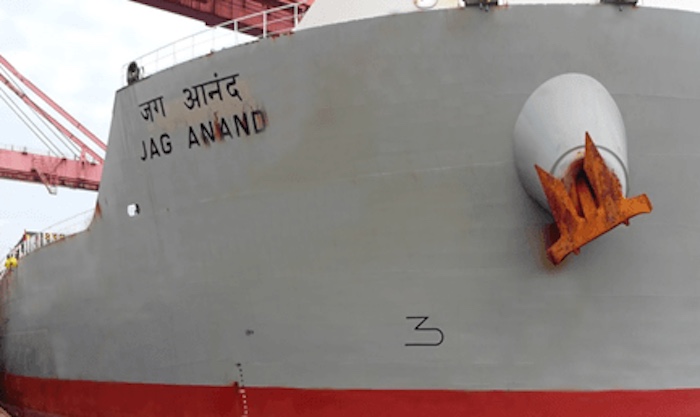
Charterers are coming under pressure to resolve the dry bulk standoff on China’s coastline that has stranded more than 1,100 seafarers.
Shipmanagers, shipping associations and seafarer unions have urged government and relevant shipping parties to fix the stranded crew issue at the coal ports in northern China.
Splash has reported repeatedly in recent months on the dozens of bulk carriers carrying Australian coal lining up at major coal ports in north China, waiting to unload cargo, amid trade tensions between China and Australia.
Relations between Canberra and Beijing have soured in recent months after Australia called for international probes into the origins of the Covid-19 pandemic, leading the government of Xi Jinping to ban a range of Australian products including coal.
Money over people, the best example of the disrespect and attitude to seafarers in the maritime industry and especially by charterers
Latest data from Braemar ACM show there are 23 capes and 52 panamaxes laden with Australian coal remaining outside Chinese ports, unable to discharge, with a median waiting duration of over 90 days so far. Busy Chinese anchorages with coal carrier queues have also been charted by MarineTraffic exclusively for Splash (see below).
Frank Coles, CEO of Wallem Group, took to LinkedIn this week to vent his frustration at the situation, which sees 22 of his managed ships in limbo off China.
According to Coles, many of the ships have been there since June last year and many of the crew have been onboard for over 17 months.
Coles blasted the charterers and the owners of the cargo who have refused to sail the ships to other countries to change crew as they don’t want to lose their place in the queue.
“Money over people, the best example of the disrespect and attitude to seafarers in the maritime industry and especially by charterers,” Coles wrote.
Coles said additional payments to crew under the current situation does not compensate for mental health issues that have arisen during the long impasse.
“When will the social injustice towards seafarers stop? It must be time for China to do the sensible thing and allow these crew changes to happen, the risks are minimal. The public relations story is positive. If not, then the charterers must see sense, the relationship between owners and charterers on off hire must be voided in this situation,” Coles wrote.
A spokesperson at China’s Maritime Safety Administration could not be reached for comment.
“Seafarers are caught in the middle of a political dispute. We have already seen increased numbers of crews reaching out to The Mission to Seafarers for help with mental health issues because of the restrictions caused by the pandemic. It is vital that politics is put aside and that the human cost of these crises is recognised. The seafarers must be allowed to operate or be repatriated,” said Ben Bailey, director of advocacy and regional engagement at The Mission to Seafarers.
This week, Great Eastern Shipping’s bulk carrier Jag Anand (pictured) was finally allowed to leave the Chinese port of Jingtang for Japan to change its crews. The vessel, carrying Australian coal, had been stuck at the port since June last year.
“This news is highly concerning. Many of the world’s seafarers have been stuck at sea for long beyond their contracts; some for nearly two years now. Safety protocols need to be followed, but governments around the world should be doing their best to enable safe crew change,” commented Guy Platten, secretary general of the International Chamber of Shipping.
A spokesperson from the International Transport Workers’ Federation told Splash that the organisation has noticed some movement regarding the China coal carrier issue and there was hope that a solution is on the cards to get crews home soon.
Kuba Szymanski, secretary general at InterManager, a trade body representing shipmanagers, said his association was in dialogue with charterers to sort out the crew crisis.
“In today’s world decision makers are becoming very remote and do not necessarily appreciate the consequences of their decisions,” Szymanski said, adding: “InterManager is trying very hard to build a bridge between cargo owners and shipmanagers, we are positive that working together will create a win/win situation for all stakeholders leading to a situation where no party is being abused.”
China’s ban on Australian coal has already reshaped trade flows. Some of the cargoes waiting in China have diverted to nearby countries such as Vietnam and South Korea, while India’s share of Australian exports has grown noticeably over the last few months.
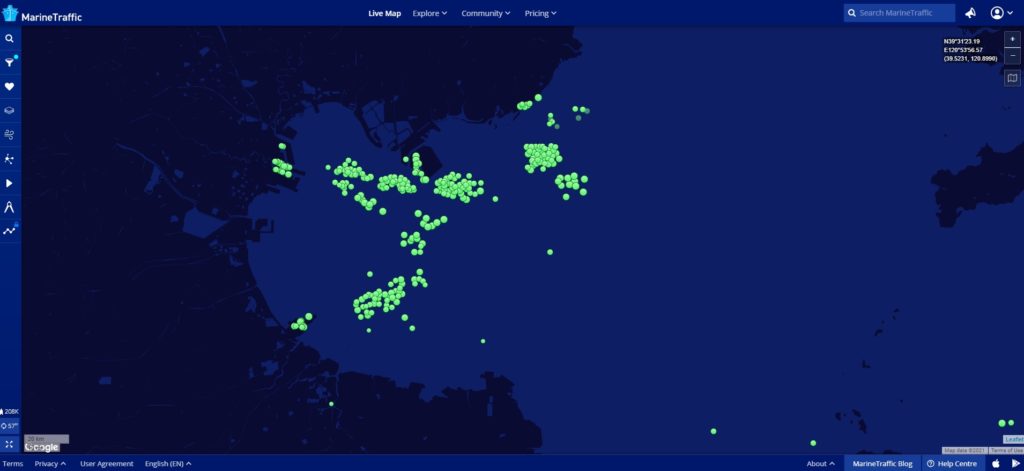
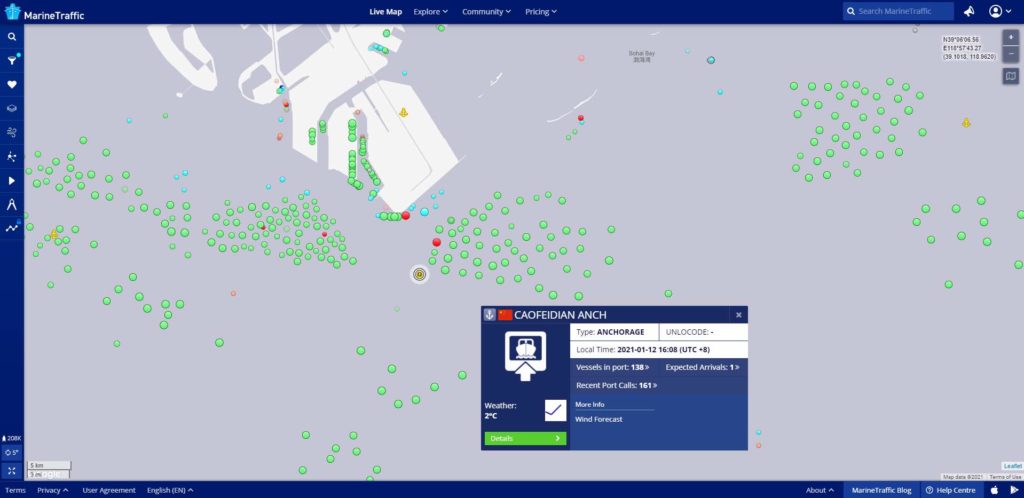
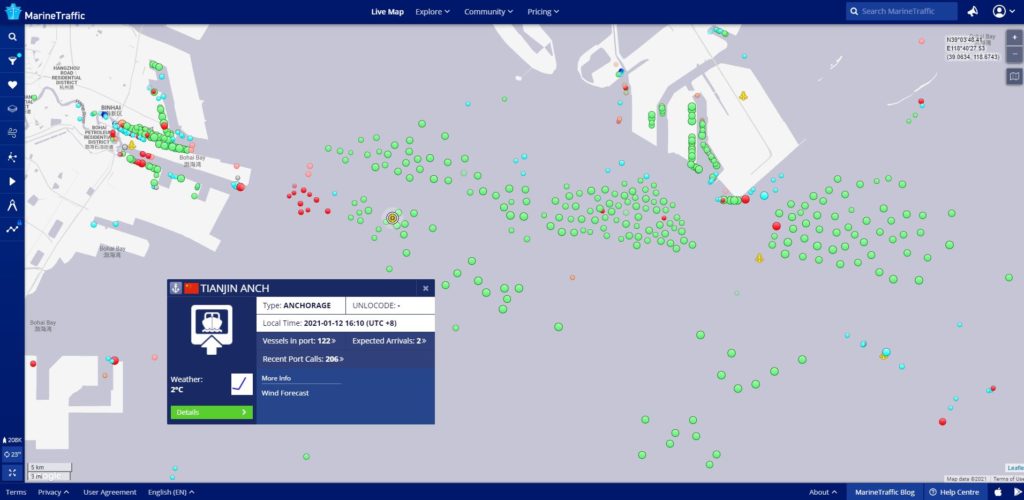
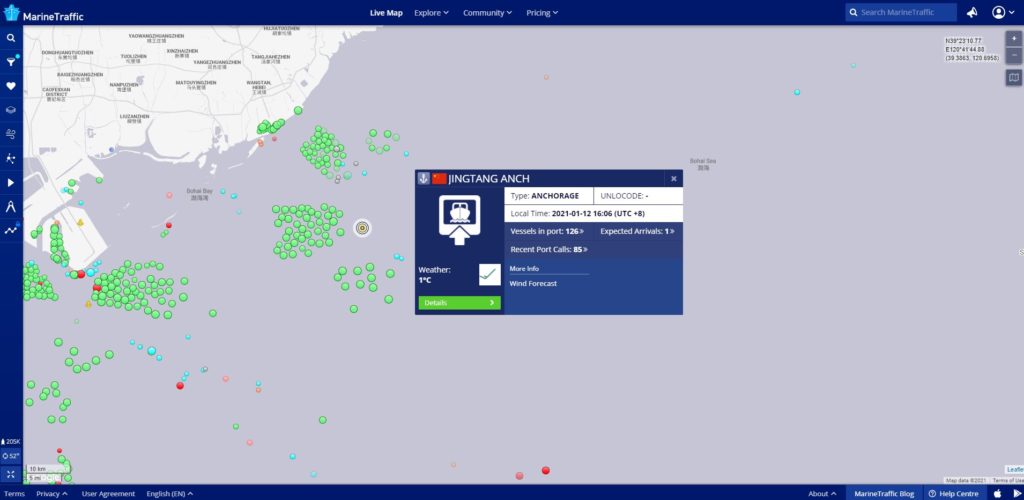
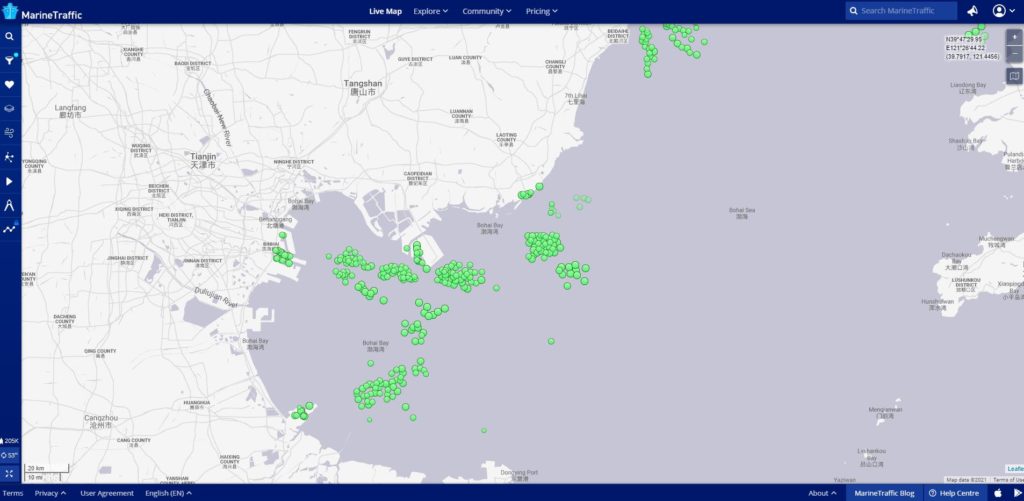

Distance Shanghai-Hong Kong abt 950 nm. Days at sea abt 2 days (cruise speed 18-20 kn). Two cruisers collection of 1100 seafarers from say 3 China ports each ship in abt 2 days, Per cruiser abt 2+2=4 days. Vision Class Cruise ship STANDARD hire cost: abt 0.8 m$ (assumes 3 nights and full double occupancy). Total abt 1.6 m$ for hire of two Cruise ships. For 75 ships remaining at China ports anchor the cost is 21.3k$ per ship at anchor. Per seafarer: 1450$ which is 3xtimes lesser than the cost of two crew members changes in the period of 15 months). In times of humanitarian crisis the cost above should be much much lesser than roughly calculated on standard hire of cruise ships. For those Shipowners collecting Laytime of 000$ daily at anchor, is this pitiful cost of less than 1500$ too much for their suffering crews, despite their contract and compensation demands? Besides crew changes at anchor coming from non-Chinese territorial waters have no reason to be disallowed. If disallowed it would be an act of aggression to humanity.
The policy in HK to allow crew changes only for ships discharging cargo in HK cannot overlook this extraordinary case of a humanitarian crisis….
Anyhow the options of S. Korea and Japan should be considered. The extra cost of 10 sailing time should not be an issue.
Amid the huge Humanitarian crisis of Seafarers and the apathy of the Port States, or inability of the Shipping Industry in relieving the crisis, is it the time now for the WTO to take action as per its main aims and to impose trade sanctions to those WTO-member countries which don’t play by the agreed rules by endangering the global seaborn trade, when they obstruct and disable the Shipping Industry’s key workers from maintaining safe and sustainable shipping operations?
Hi Anatassios,
Is there anyone materialising this plan?
Crew change for these seafarer could be done via chopper or sea plane. Get these poor souls off and back to their families.
When leaving the sea in 1983 anything more than four months at sea was cause for mumblings in the crew.
not to hard , advise all out side shipping companies to stop entering Chinese waters to stop or slow there exports until they stop this bad action
To go against “business as usual”? Are you in Shipping?
Why go to HK, why not do crew change in China or nearest port ?
China is a bully !
“Coles blasted the charterers and the owners of the cargo who have refused to sail the ships to other countries to change crew as they don’t want to lose their place in the queue.” Owners of the cargo most probably are already in distress themselves. But the queue thing can be arranged, if port authority allows ships orderly make a quick voyage to nearby suitable ports for crew changes and back, without losing their position – though the technicality of NoR time might be an issue, and the unfortunate case of delay or damage made, must be understood by all parties and covered accordingly. This is the big bet here. About the value of human life, regret to say not all countries weigh it the same. If Mr. Coles wanna play it hard, try excluding China from c/parties and convince others to follow his example. I know, it is impossible…